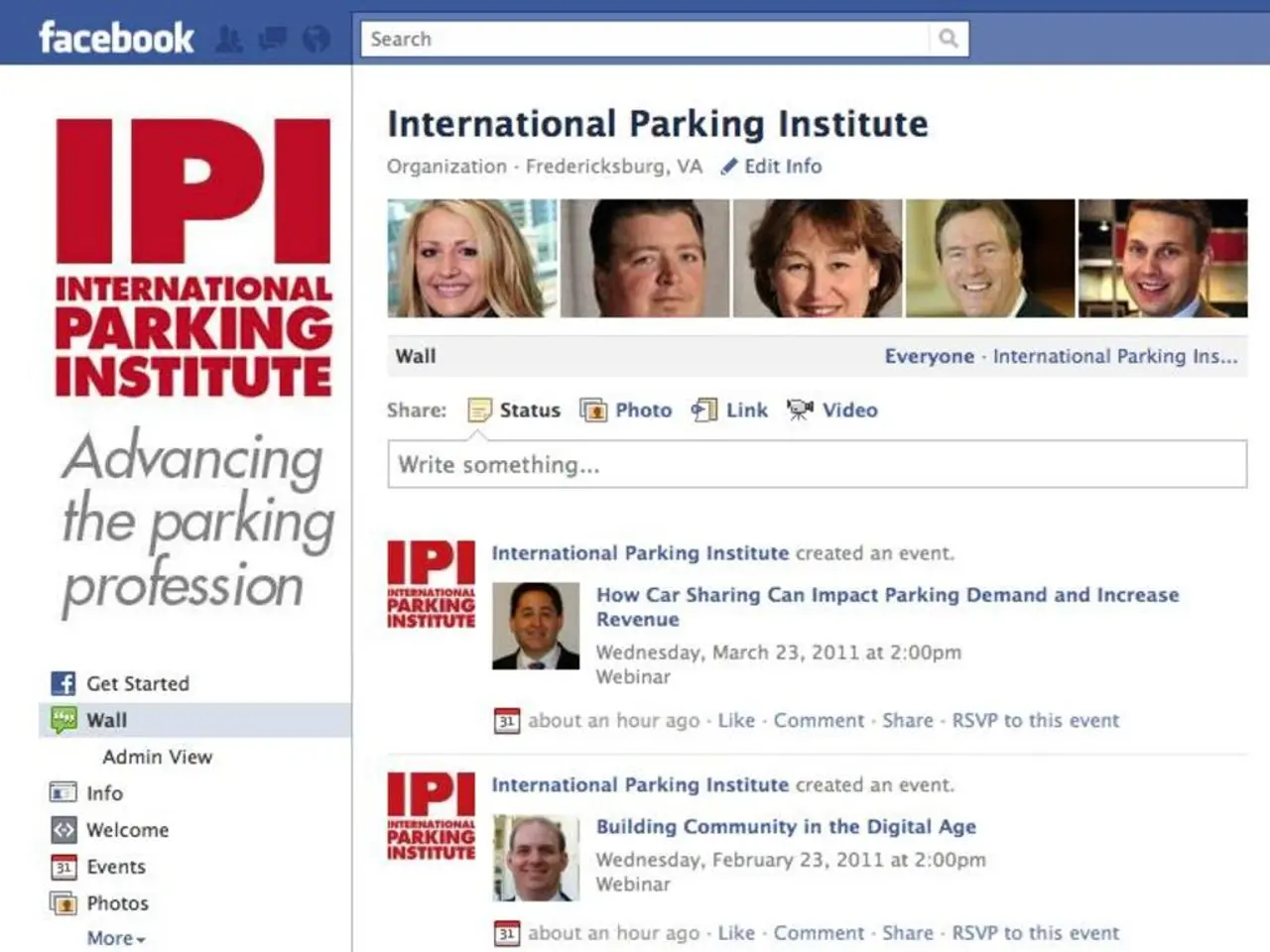Job Hunters, Important Information on Social Media Background Checks
In today's digital age, social media platforms have become a valuable tool for hiring managers, helping them verify candidate information and assess potential employees. This article provides a comprehensive guide for job seekers on how to manage their online presence to make a positive impression and increase their chances of landing their dream job.
Verifying Information and Assessing Suitability
Hiring managers use social media to identify personal interests, skills, and strengths, including communication, social empathy, and tact. They focus on content that reveals a candidate's personality, values, professionalism, behavior, and suitability for the company culture.
Employers typically look for information that reveals a candidate's personality, values, professionalism, behavior, and suitability for the company culture. They focus on content related to racism, sexually explicit content, illegal activity, violence, signs of unprofessionalism or poor judgment, confirmation of skills or hidden strengths not evident in resumes, and general alignment with the company’s values and culture.
Protecting Privacy and Compliance
Employers must comply with labor laws such as the Fair Credit Reporting Act (FCRA) and Equal Employment Opportunity Commission (EEOC) guidelines when conducting social media background checks. They typically use third-party agencies that employ explicit, objective screening criteria to avoid bias and discriminatory practices. Consent from candidates is required before conducting these checks, and employers ensure compliance with privacy laws.
Best Practices for Job Seekers
- Promote social causes and share knowledge and expertise to make a positive impression.
- Avoid sensitive topics like religion and politics in posts and focus on how strengths and interests can help others.
- Address old and abandoned social accounts from younger days, or duplicate accounts set up by others, before job hunting.
- Be authentic on social media; avoid exaggerations and misrepresentations.
- Ensure profiles are complete with key information an employer would be interested in knowing.
- Use a certain level of professionalism and depth in profile content, while still allowing for informal language.
- Be careful who is followed and engaged with, as this reflects on character in the eyes of a potential employer.
- Professionals serious about career advancement often maintain an active presence on LinkedIn, which is usually the first place organizations would turn to when they want to dig deeper into a person's work background.
- Profiles on Facebook, Instagram, and other platforms can also be beneficial for presenting personal interests positively.
- Regularly screen digital presence by running a name search on Google to eliminate potential risks before job hunting.
The Importance of Social Media Screening
As much as 70% of companies now rely on social media checks to learn more about a person during pre-employment screenings. Social media screening can be used to assess a person's cultural fit in terms of values and characteristics, improve the accuracy and efficacy of hiring decisions, prevent costly mis-hires, protect brand reputation, and maintain a positive workplace culture.
Conclusion
In conclusion, managing your social media presence is crucial for job seekers in today's digital world. By following the best practices outlined in this article, you can increase your chances of making a positive impression on hiring managers, securing job interviews, and ultimately landing your dream job.
- Hiring managers use social media to detect personal interests, skills, and strengths beyond resumes, focusing on a candidate's personality, values, professionalism, behavior, and company culture fit.
- Employers often scrutinize social media content for traces of racism, sexually explicit content, illegal activity, violence, unprofessionalism, poor judgment, and alignment with company values.
- Employers must adhere to labor laws like the Fair Credit Reporting Act and Equal Employment Opportunity Commission guidelines, using third-party agencies and explicit, objective screening criteria to prevent bias.
- To make a positive impression, job seekers should promote social causes, share knowledge, and highlight strengths in their posts, while avoiding sensitive topics like politics and religion.
- Job seekers should address old or abandoned social accounts, be authentic, ensure complete profiles, employ a balance of professionalism and informal language, and be mindful of who they follow.
- Career-focused individuals maintain an active LinkedIn presence, while other platforms like Facebook and Instagram can showcase personal interests positively.
- Regularly screening and optimizing digital presence by conducting a name search on Google is essential before job hunting to eliminate potential risks.
- Companies now heavily rely on social media checks, using them to assess cultural fit, improve hiring decisions, prevent mis-hires, protect brand reputation, and maintain a positive workplace culture.
- A well-managed social media presence can enhance job prospects, secure interviews, and ultimately lead to landing one's dream job in today's digital age.




